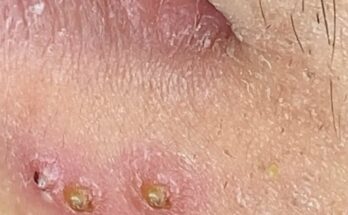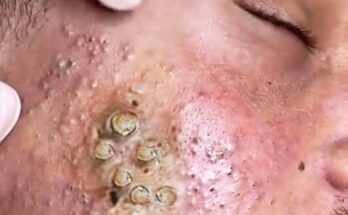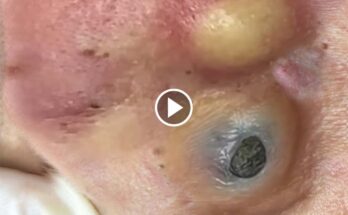While a glass of wine or a cocktail may seem like a relaxing way to unwind, alcohol can quietly sabotage your sleep. Though it may help you fall asleep faster at first, the overall impact on sleep quality is far from restful.
Alcohol is a sedative, which is why it can make you feel drowsy soon after drinking. However, this effect wears off quickly and leads to fragmented sleep later in the night. As your body metabolizes the alcohol, it stimulates brain activity, often causing frequent awakenings — especially in the second half of the night.
One major consequence is a disruption in your REM (Rapid Eye Movement) sleep, the stage associated with dreaming, memory processing, and emotional regulation. Reduced REM sleep can leave you feeling foggy, irritable, or unrefreshed the next day, even if you slept for 7–8 hours.
Alcohol also relaxes your throat muscles, which can worsen snoring or sleep apnea. This is particularly risky for people already prone to breathing issues during sleep.
In addition, alcohol is a diuretic, meaning it increases urine production. This can lead to more nighttime bathroom trips, further breaking up your sleep cycle.

If you’re trying to improve your sleep, consider cutting back on alcohol or stopping consumption at least 3–4 hours before bedtime. Replacing it with calming alternatives like herbal tea, meditation, or light stretching can promote deeper, more restorative rest.
Understanding how alcohol affects your sleep is the first step toward making choices that support better rest — and better health overall. While the occasional drink is fine for many, regular nighttime alcohol can quietly undermine the very rest your body needs to recover.



